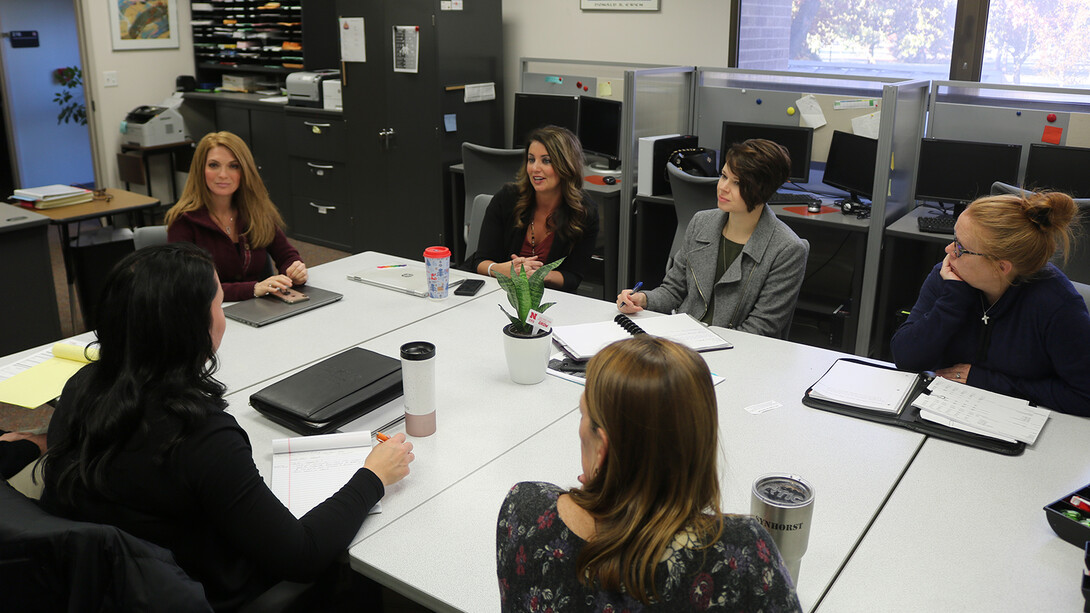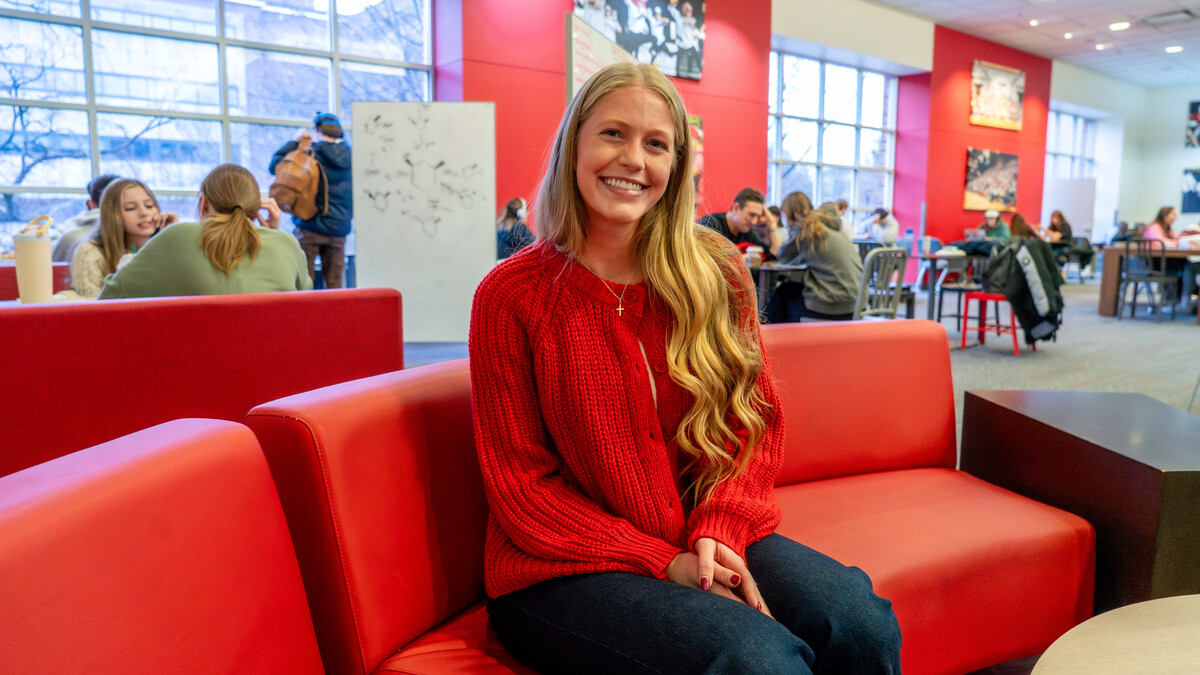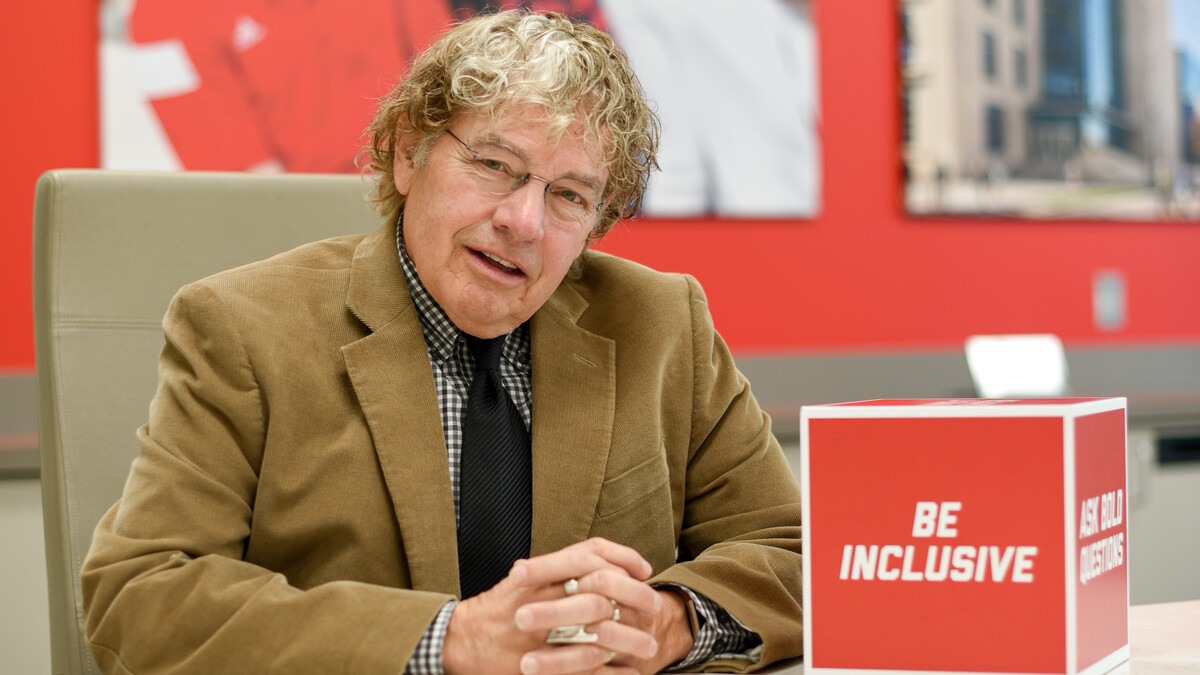
Researchers at the University of Nebraska-Lincoln’s Academy for Child and Family Well Being are using a nearly $4 million grant from the U.S. Department of Education to develop an intervention aimed at improving educational success for middle and high school students leaving foster care for permanent home placements.
The five-year Fostering Educational Success: Reconnecting Families, Empowering Youth project will adapt an existing intervention developed through a previous project by the Academy to focus on keeping the students connected and engaged with school, aiding both their short-term and long-term success. Research professor Alex Trout and research associate professor Jacqueline Huscroft-D’Angelo are leading the project, with support from research professor Kristin Duppong Hurley, associate professor Matthew Lambert, and the Academy’s data center director, Lori Synhorst.
“We’re hoping to improve overall school connectedness, home-to-school relationships, student-peer and student-adult relationships and create a support system within the school,” said Huscroft-D’Angelo. “We aim to decrease alterable risk factors such as truancy, suspension and tardiness. We also want to improve the collaboration between community agencies and schools, working together to support these students.”
According to data from the Nebraska Department of Health and Human Services, Division of Children and Family Services website, there were 1,602 youth placed with relatives or kin and 1,154 placed in foster care in the state as of Nov. 27.
The Academy is partnering with KVC Nebraska, the largest foster care agency in the state, for the project. KVC Nebraska will assist with the development and refinement of the FES program components. After that step is complete, the agency will be responsible for hiring, supervising and delivering all FES program services.
From July 1, 2018, to June 30, 2019, KVC Nebraska served 747 youth in foster care, and 49% of those youth experienced permanency at the time of discharge.
“KVC Nebraska is proud to be working in collaboration with the Academy for Child and Family Well Being as it relates to the Fostering Educational Success program,” said Ashley Brown, KVC Nebraska president. “The opportunity for youth and caregivers who have experienced permanency to receive additional support, advocacy and education as it relates to educational success is an absolute need to aid in family stability, academic and ongoing success for the youth while also strengthening communities.”
Huscroft-D’Angelo began preliminary work with foster care when she arrived at the university in 2015. As she learned more about the children leaving foster care for permanent homes, she saw a need for better educational supports to help them be more connected with school and set them up for success through high school and beyond.
“When you look at students in foster care and you compare them with those with disabilities, low socioeconomic statuses, or all these other risk factors, the students in foster care experience some of the poorest outcomes,” Huscroft-D’Angelo said. “There are a lot of other programs that focus on reunification support, safety support, substance abuse treatment and mental health treatment, but nothing has ever focused on just how to help them be connected and succeed in school.”
In the first year of the FES project, the researchers will focus on the refinement and development of the intervention model, beginning with focus groups with children and caregivers who experienced permanency placement, service providers and educators. A feasibility study and pilot study will follow, before the randomized controlled trial and follow-up studies in years three through five.
The grant for the FES project was awarded as part of the fiscal year 2019 Education Innovation and Research competition, which had more than 300 applications, through the U.S. Department of Education’s Office of Innovation and Improvement. Fostering Educational Success was one of seven projects awarded grants in the early-phase competition for field initiated innovations outside of Science, Technology, Engineering and Math.







